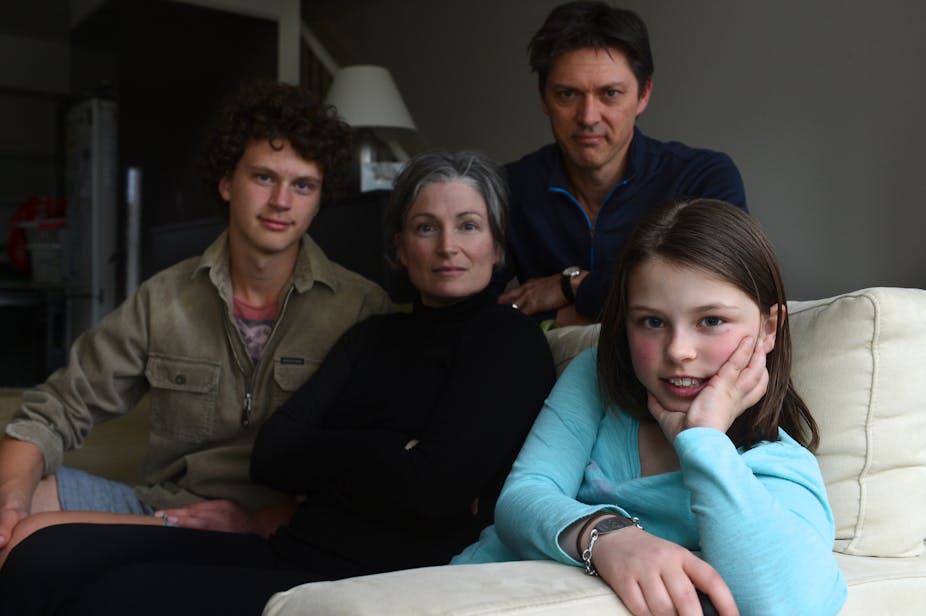Australia is approaching a “care tsunami” in which more people will find themselves juggling work with care of children and the elderly but experts have warned that neither major party has proposed adequate policy to address the problem.
The new analysis, which looked at the work and family policies of the major parties contesting the Australian federal election, was conducted by the Work and Family Policy Roundtable, a group of 30 researchers from 18 universities and research institutions with expertise on work, care and family policy.
Professor Barbara Pocock, a co-convener of the group, highlighted childcare, flexibility and paid parental leave as three key election policy issues.
“It’s hard to say one party is better than the other on a total package but you would have to say that the Coalition, so far, have addressed one of the major priorities rather than offering a comprehensive response,” she said.
The group recommended increasing the length of Paid Parental Leave up to 52 weeks and a move towards employers providing full replacement wages for parents on leave.
The round-table also identified gaps in both the major parties policies on superannuation and the ageing population.
“I think the issue of superannuation is really important over a life cycle, especially for women, and it’s received very little attention in the current election, probably because the parties have been burned whenever they’ve raised it as an issue,” said Dr Pocock.
“But there is a very high level of inequity in our superannuation system at the moment, which eventually negatively affects working carers. I think that’s an issue the round table would have liked to have seen more attention on,” she said.
“What we have in Australia is a very significant cost shift in meeting the health costs of an ageing population, making sure people have enough income to retire comfortably on. There’s also the change in carer responsibilities for workers, which are no longer just about babies, preschoolers and primary school kids but increasingly also embrace care of older friends and family,” Dr Pocock said.
Elizabeth Hill, Senior Lecturer in Political Economy at the University of Sydney and a co-convenor of the round table, said the Coalition’s Paid Parental Leave plan reflected the research on how a good scheme should look but warned it may lead to a government “putting all its fiscal eggs in one basket.”
“The body of evidence on work and family tells us a balanced policy approach is essential to go anywhere near resolving many of the tensions families experience,” she said, adding that flexible leave arrangements were also needed for people caring for the elderly and unwell.
“We are moving into a care tsunami – a conflation of children and the elderly and frail. Inadequate attention has been paid to that so far. That is an important issue that hasn’t been highlighted by either party in the election yet.”

